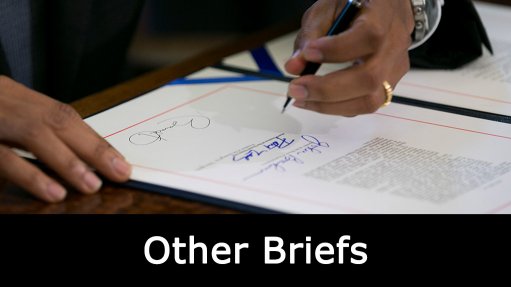
Do medical certificates issued by traditional healers have to be accepted by employers? While there does not appear to be an obligation to do so at present, indications are that it will soon become a reality.
As of 1 May 2014 certain provisions of the Traditional Health Practitioners Act (“the THPA”) came into effect. The most important development is the establishment of the Interim Traditional Health Practitioners Council of South Africa (“the Council”).
At first glance it would seem that the door is now open for registered traditional healers to issue medical certificates as proof of incapacity in terms of Section 23(2) of the Basic Conditions of Employment Act of 1997. (In terms of this section, a medical certificate will only be valid if it has been issued and signed by a person who is certified to diagnose and treat patients and who is registered with a professional council established by an Act of Parliament.) However, it would seem that employers do not have to recognise a medical certificate issued by anyone purporting to be a traditional healer at this stage. The reason is that the THPA envisages several regulations to be made by Minister of Health in consultation with the Council. These regulations would deal, amongst other things, with the management and control over the registration, training and conduct of practitioners.
The administration of health care by traditional healers is very different to that of conventional Western medical practitioners. This raises the question as to what extent this will be apparent in the way traditional healers are regulated. It would be interesting to see what standards are set for a person to qualify for registration, as well as how their conduct would be regulated. There is cause for concern if one considers the extent to which sick leave is abused despite the relatively strict requirements surrounding the registration and conduct of medical practitioners currently registered in terms of the Health Professions Act of 1974 (the “HPA”).
There is also the question as to whether the content of a certificate would be prescribed in accordance with a set of ethical rules, as is the currently the case with health practitioners registered under the HPA. If not, the potential for abuse is even greater.
So what should employers do while we wait for the regulations to be promulgated? An employer who receives a medical certificate issued by person who claims to be a registered traditional healer does not have to accept it as proof of illness in terms of s 23 of the BCEA. Once registration with the Council becomes possible, however, employers should insist that certificates from traditional healers, like those from medical practitioners generally, contains a registration number with the Council itself (not with any associated body). This may then be verified with the Council if there is any doubt about its authenticity.
Written by Jan Truter of www.labourwise.co.za.
Labourwise is an on-line labour relations service aimed at assisting employers with the implementation of effective labour relations. They can be contacted via www.labourwise.co.za or info@labourwise.co.za